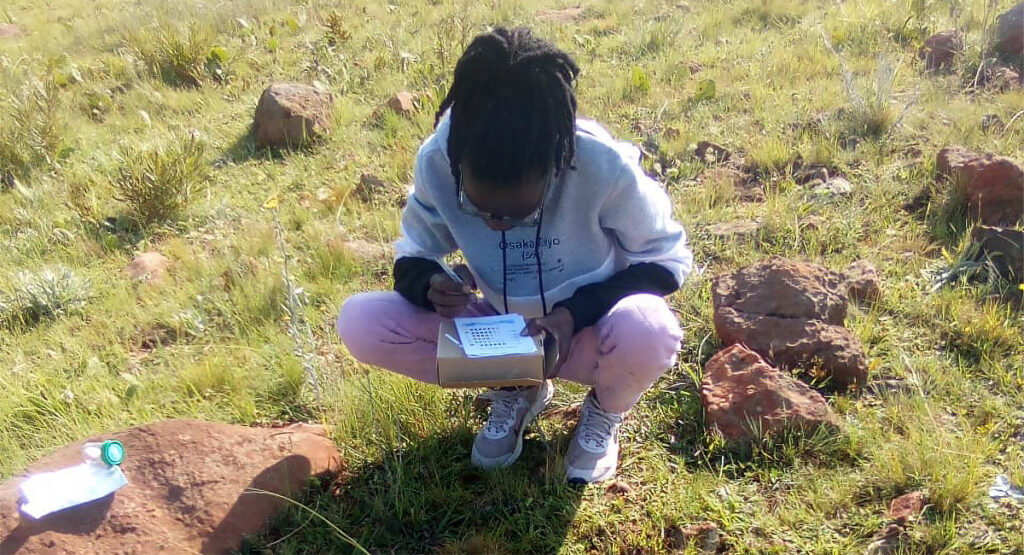The state of our water is a uniting issue. 46% of our drinking water systems don’t comply with microbiological standards, a number that should shake us into action. While this very serious issue affects all of us, we often turn to outside help, in the form of the public sector.
While it can feel like this issue is too vast to tackle, there are many people and entities playing their part, including the government. WaterCAN, a water community action network, want to involve everyone in water. As everyone needs water and any crisis involving water affects everyone, this solution of bringing communities and people into aiding our water crisis makes the issue seem manageable. Many hands make light work. Citizen science is an on-the-ground activism that out the power back into our hands. It allows us to push back and get involved in monitoring water resources across the country and in our communities. By training ordinary people to use science and technology to monitor the quantity and quality of drinking water to build greater awareness and understanding of water challenges. “This knowledge can then be used to challenge government and industry and mobilise communities to better protect water resources,” declares WaterCAN.
Citizen Science, not rocket science

Water testing using the WaterCAN kit done in Carolina, Mpumalanga.
WaterCAN identifies 4 steps in the process of turning everyday citizens into scientists and active members of their community.
Step 1: Observing Your Environment
The first step simply demands that we observe our surroundings and environment. One key aspect is the straightforward observations we can make based on our experiences in a specific area, such as monitoring the physical characteristics of water – its clarity, colour, and any chemical or unpleasant odours. Citizen science can be the first step to identifying local sources of contamination. Communities already use social media to notify each other about water issues and monitoring the water has led to a greater understanding of how the system works, from the reservoir to the tap, ad well as how pollution affects the delivery of water. Informed citizens can hold their local authorities accountable as opposed to being passive receivers of a much-needed service.

WaterCAN says by simply empowering communities, “Residents become more interested in municipal budgets and how funds are allocated for water and sanitation infrastructure. The key action in this step is to keep reporting leaks, overflowing manholes and no water. Keeping the municipalities and water bodies on their toes.” Reporting can also help identify breaches by the private sector.
Step 2: Using Science Tools to Test Water
There are a variety of basic tools that citizen scientists can use and WaterCAN uses a kit that can test for chlorine, pH, hardness, nitrites, nitrates, phosphates, total coliform and E.coli. This kit is easy to use and age-inclusive. Citizens can then upload their data and this provides a map of water quality across South Africa. Since 2022, WaterCAN has registered over 1000 water warriors, who can use their findings to alert the local government, spread awareness, and help strengthen the community’s role in its own health.
Step 3: Advocacy Through Testing
Why test if we know the water is polluted? ‘Knowing’ is different from having evidence, and with evidence, communities can begin to put pressure on their service providers and create awareness through advocacy.
Step 4: Amplifying Voices and Building Networks
WaterCAN says, “The final step is sharing knowledge to amplify voices and build a movement. From small rural areas to big metropolitan areas, citizen science can connect people across the country. By sharing information and forming networks, we raise awareness, and create a collective voice that has the power to engage government and industry to bring about meaningful change.” There have been many cases where this citizen science activism has led to meaningful change:
- In 2023 WaterCAN testing kits used by Carolina Eco Green found E.Coli in the tap water in Carolina Mpumalanga which after some time led to an acknowledgement and plan to move forward.
- In 2018 a local community in Mfume, Kwa-Zulu Natal, relied on water from a stream. The community raised their concerns over the brown water but they had to use it for cooking, drinking, and bathing. The Right to Know campaign used WaterCAn testing kits to confirm this water was unfit for consumption which led to wide media coverage and an eventual change as water tankers began delivering water to the affected community.
Citizen science is an empowering process that involves people directly in their own environment, and water quality testing can lead to change as everyday citizens hold their local authorities to account.









